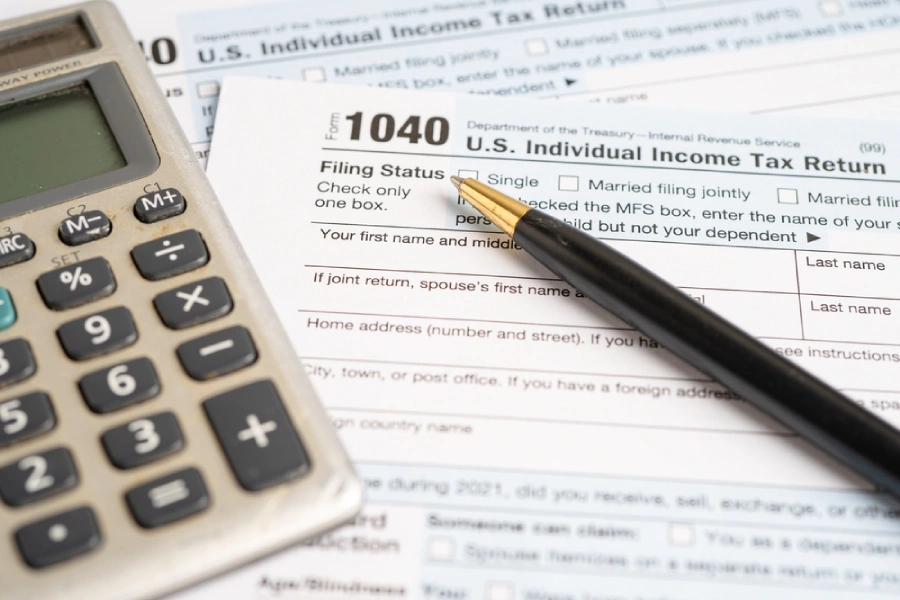Tax season often brings stress, especially if the filing deadline is quickly approaching and you haven’t submitted your return yet. Wondering when is it too late to file taxes? The good news is: while filing late isn’t ideal, it’s rarely the end of the road. Here’s what you need to know about your options if you miss the IRS tax deadline.
Filing Late? You Still Have Options
If you’re expecting a refund, there’s no penalty for filing late. But don’t delay without reason—the IRS doesn’t pay interest on refunds, and waiting too long could result in losing your money. You typically have three years from the original due date to claim a refund.
However, if you owe taxes and miss the filing date, penalties and interest can add up fast. The Failure to File penalty is usually 5% of unpaid taxes per month, up to 25% total. Filing more than 60 days late can trigger a minimum fine of $485 or 100% of the unpaid tax, whichever is lower.

Tax Extensions: Time to File, Not Time to Pay
You can request a filing extension—giving you until October 15—but remember: this doesn’t extend your payment deadline. You must still estimate what you owe and pay it by the original due date. Otherwise, the Failure to Pay penalty applies: 0.5% of the unpaid taxes per month, up to 25%.
On top of that, the IRS charges interest on unpaid balances. This rate adjusts quarterly and usually falls between 3% and 6%.
What If You Haven’t Filed in Years?
If you haven’t filed for one to three tax years, it’s not too late. You can still file back taxes and pay what you owe. Although penalties will still apply, resolving things sooner prevents further IRS actions, like wage garnishments or bank levies.
If you’ve filed on time for the past three years, you might qualify for the IRS First-Time Penalty Abatement, which can reduce or eliminate late fees.
Can’t Afford to Pay? IRS Payment Options
Can’t pay what you owe? Don’t panic. Contact the IRS about:
- Installment Agreements – monthly payments
- Offer in Compromise – settle for less than owed
While penalties and interest still apply, they often accrue at reduced rates under these plans.

Valid Reasons for Filing Late
Life happens. The IRS recognizes certain reasonable causes for missing the deadline:
- Hospitalization or medical emergencies
- Natural disasters
- Unexpected life events
You’ll need documentation to support your case if you’re seeking penalty relief.
When to Get Help Filing Taxes
If your taxes are complex—like dealing with self-employment income, investments, or multiple state filings—it may be time to consult a CPA, tax attorney, or IRS-enrolled agent. Tax professionals can help you:
- File past-due returns
- Understand what you owe
- Apply for relief programs
Conclusion
Filing your taxes late isn’t ideal, but it’s rarely irreversible. Whether you need more time, owe back taxes, or are worried about penalties, the IRS offers tools and relief options to help you get back on track. Just don’t ignore the issue—taking action early can save you money and stress.
If you miss the tax filing deadline, you may face penalties, interest charges, and possibly lose your refund.
Yes, you can file your taxes late, but penalties and interest will apply. You may also qualify for an extension.
The IRS charges a Failure To File penalty, which is 5% of unpaid taxes for each month late, up to a maximum of 25%.
You can request an extension through the IRS, giving you extra time until October 15. However, any taxes owed are still due by the original deadline.
You can set up a payment plan with the IRS. Interest and penalties will still apply, but at a reduced rate
Yes, the IRS has the authority to seize assets, garnish wages, or place liens on property if taxes remain unpaid.

